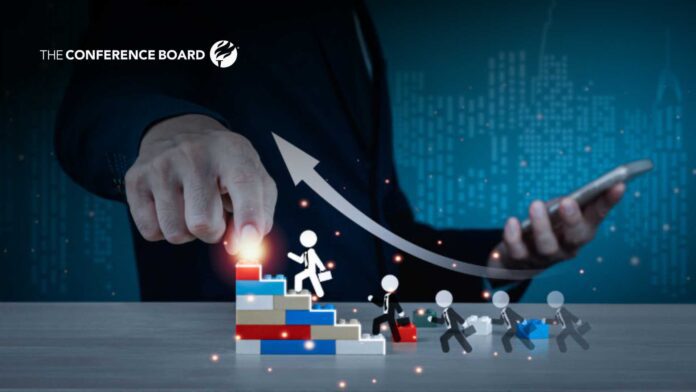AI is stepping into the coaching room—but don’t panic, human coaches. New research from The Conference Board finds that AI can handle up to 90% of routine coaching functions, freeing human coaches to focus on emotionally charged, political, or values-based conversations.
The studies offer a roadmap for organizations to deploy AI-powered coaching responsibly, enhancing performance while democratizing development across all levels of the workforce—not just executives. But there’s a catch: as AI collects more personal and workforce-wide data, security and privacy risks rise sharply.
“AI coaching presents a pivotal opportunity to extend development to every worker,” said Allan Schweyer, Principal Researcher, Human Capital, The Conference Board. “When used thoughtfully, it can magnify human coaches’ impact and transform how companies build leadership capability.”
What AI Does Well
According to the reports, AI excels in structured, goal-oriented, and actionable coaching:
-
Customized guidance: 96% of workers reported that AI coaching was tailored to their goals.
-
Ease of use: 90% found sessions comfortable and intuitive.
-
Actionable results: 89% said sessions produced clear next steps.
-
Repeat engagement: 91% would use AI coaching again.
AI can simulate role-playing exercises, guide users through logical progressions from goal-setting to practice, and encourage critical thinking with probing, open-ended questions. It provides concise, actionable feedback, helping employees implement insights effectively.
Where Humans Still Win
AI coaching, while impressive, has notable limitations:
-
Lack of empathy: Language can feel scripted, missing the human nuance needed to build trust.
-
Limited spontaneity: Pre-defined frameworks can make transitions abrupt.
-
Context inconsistency: General-purpose AI struggles with long-term memory, though dedicated AI coaching platforms are improving.
“AI isn’t replacing human coaches—it’s amplifying them,” said Dr. Amit Mohindra, Distinguished Principal Research Fellow, The Conference Board. By automating routine follow-ups, analysis, and session tracking, AI lets human coaches focus on empathy, intuition, and strategic reflection.
A Blended Future
AI also serves as a strategic assistant:
-
Automates administrative tasks, from onboarding to coach-client matching.
-
Bridges gaps between sessions, reinforcing accountability.
-
Suggests questions, analyzes patterns, and highlights organizational trends.
-
Acts as a milestone tracker to keep employees engaged with long-term development goals.
CHROs are encouraged to adopt a tiered model, where AI handles routine coaching but escalates to humans when sensitive issues arise. Critical considerations include psychological safety, confidentiality, and coach upskilling, ensuring AI insights align with organizational values and culture.
The takeaway: AI is reshaping workplace coaching by making it accessible, scalable, and data-driven, but the human touch remains irreplaceable. The future of coaching is collaboration, not competition.
Join thousands of HR leaders who rely on HRTechEdge for the latest in workforce technology, AI-driven HR solutions, and strategic insights







